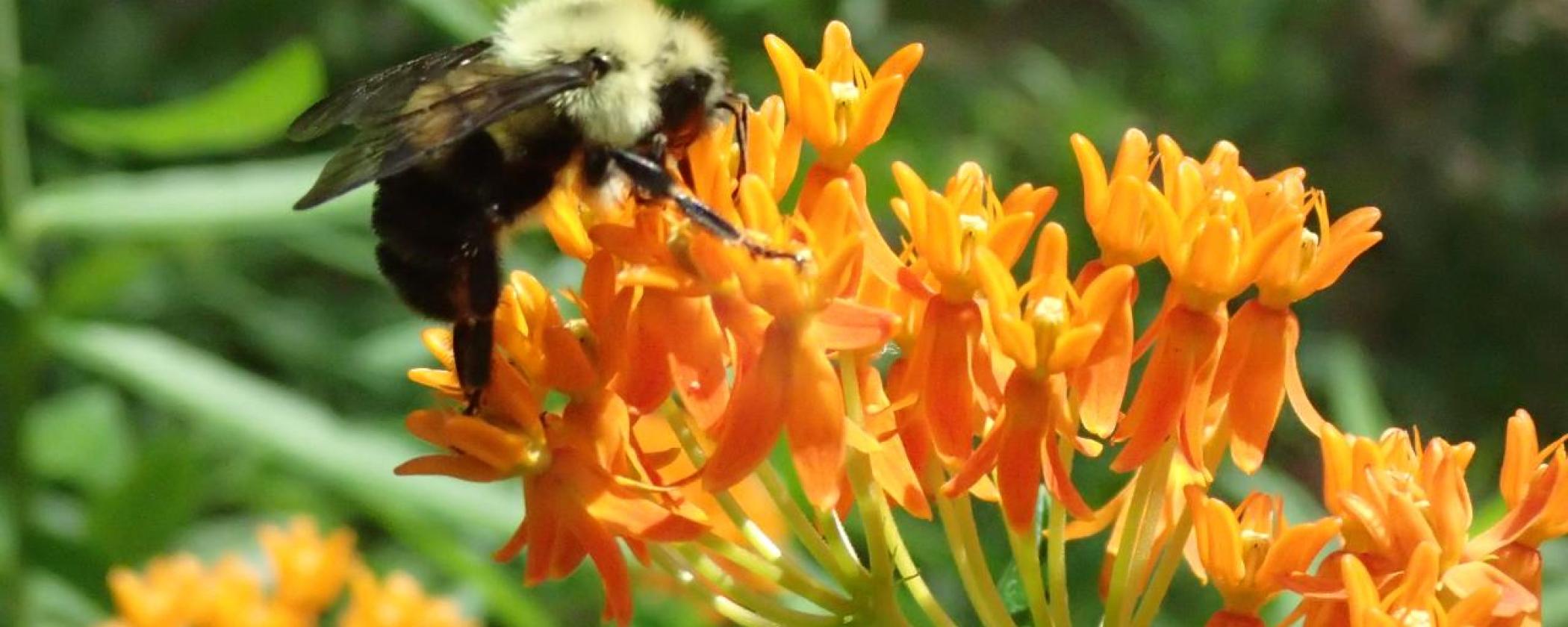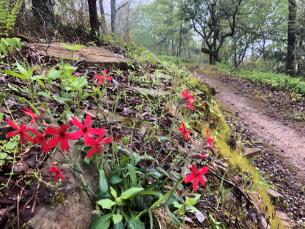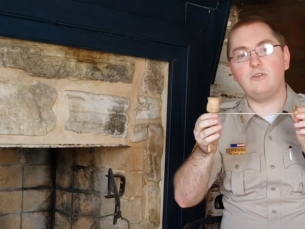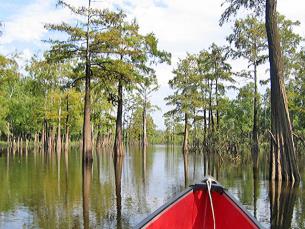
The Miraculous Pollinators
Pollinators are the unsung heroes of our ecosystem. Their tireless work of flitting from flower to flower to collect nectar and pollen ensures the pollination of over 75% of global food crops and around 90% of wild plants. Arkansas State Parks are pioneering a suite of initiatives aimed at safeguarding pollinators, including establishing stunning pollinator gardens teeming with native plants that offer essential nectar and pollen sources. These gardens are not only a feast for the eyes but are also sanctuaries for pollinators who can thrive in the safety of these welcoming habitats.
Arkansas State Parks' remarkable dedication to pollinators and the environment is a testament to their commitment to a sustainable and ecologically diverse future. Their conservation efforts are nothing short of inspirational and set an example for others to follow.
Our parks each take on conservation efforts as well as inspire and educate visitors on the significance of pollinators. The parks have curated an array of educational programs and interpretive signage that offer insights into the crucial role that pollinators play in our ecosystem. Visitors leave the parks with a newfound appreciation for these essential creatures and a passion to protect them.
Arkansas is home to a diverse array of native flowering plants that provide essential nectar and pollen sources for pollinators. These plants are not only beautiful, but also play a critical role in maintaining the health of our ecosystem.
Purple Coneflower
One of the most important native plants for pollinators in Arkansas is the purple coneflower (Echinacea purpurea). This striking plant produces large, pink-purple flowers with a central cone, which is rich in nectar and pollen. Bees, butterflies and hummingbirds are frequent visitors to this plant, making it an important source of food for many species.
Black-Eyed Susan
Another valuable plant for pollinators in Arkansas is the black-eyed Susan (Rudbeckia). This sunny yellow flower with a dark brown center provides abundant nectar and pollen, attracting a wide range of pollinators, including bees, butterflies and beetles.

These native flowering plants in Arkansas are essential for the survival of pollinators and the health of our ecosystem. By planting these important flowers in our gardens, we can provide vital habitats and food sources for pollinators and help to protect them for future generations. Here are some tips to play your part:
- Plant native flowering plants in your garden or on your balcony to provide food and habitat for pollinators.
- Avoid using pesticides, which can harm or kill pollinators.
- Provide nesting sites for pollinators by leaving dead trees or branches in your yard or hanging a bee house.
- Reduce your carbon footprint by walking, biking or taking public transportation instead of driving alone.
- Buy organic produce to support farmers who use practices that are less harmful to pollinators.
- Support local beekeepers by buying their honey or renting hives for your garden.
- Reduce your water use to help ensure that pollinators have access to clean water sources.
- Join or support organizations that advocate for pollinator conservation.
- Educate others about the importance of pollinators and the threats they face.
- Participate in citizen science projects that track and monitor pollinators, such as the Great Sunflower Project or Bumble Bee Watch.
In learning about the importance of pollinators and advocating for their conservation, individuals can help raise awareness and inspire others to take action. With a collective effort, we can all play a role in supporting pollinators and preserving the crucial role they play in our ecosystem.



